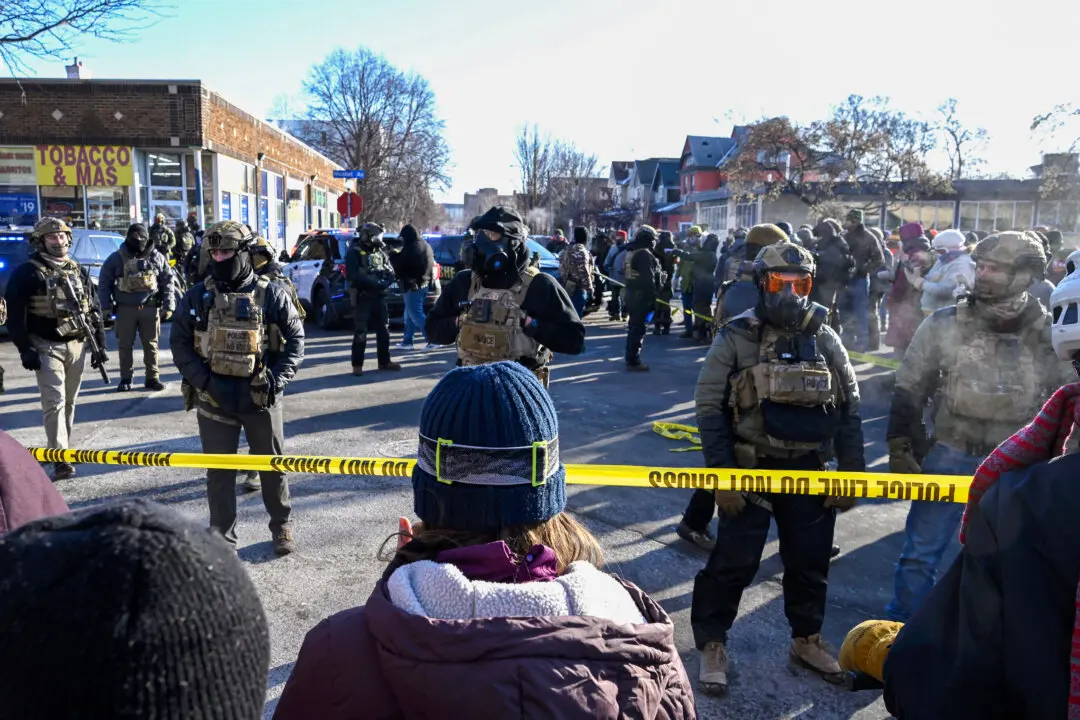Care home residents, as well as hospital and hospice patients, should have a legally protected right to have visitors, the government has announced.
The Department of Health and Social Care (DHSC) launched a consultation on Wednesday to seek views on introducing legislation that will protect visiting as a fundamental standard across providers, regulated by the Care Quality Commission (CQC).





